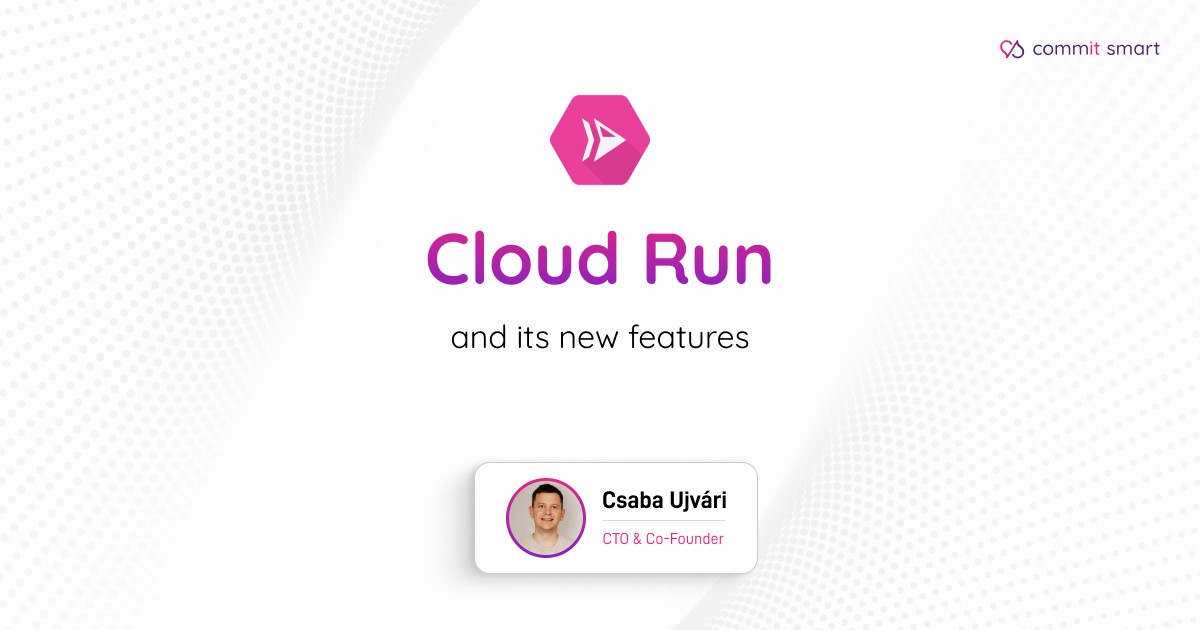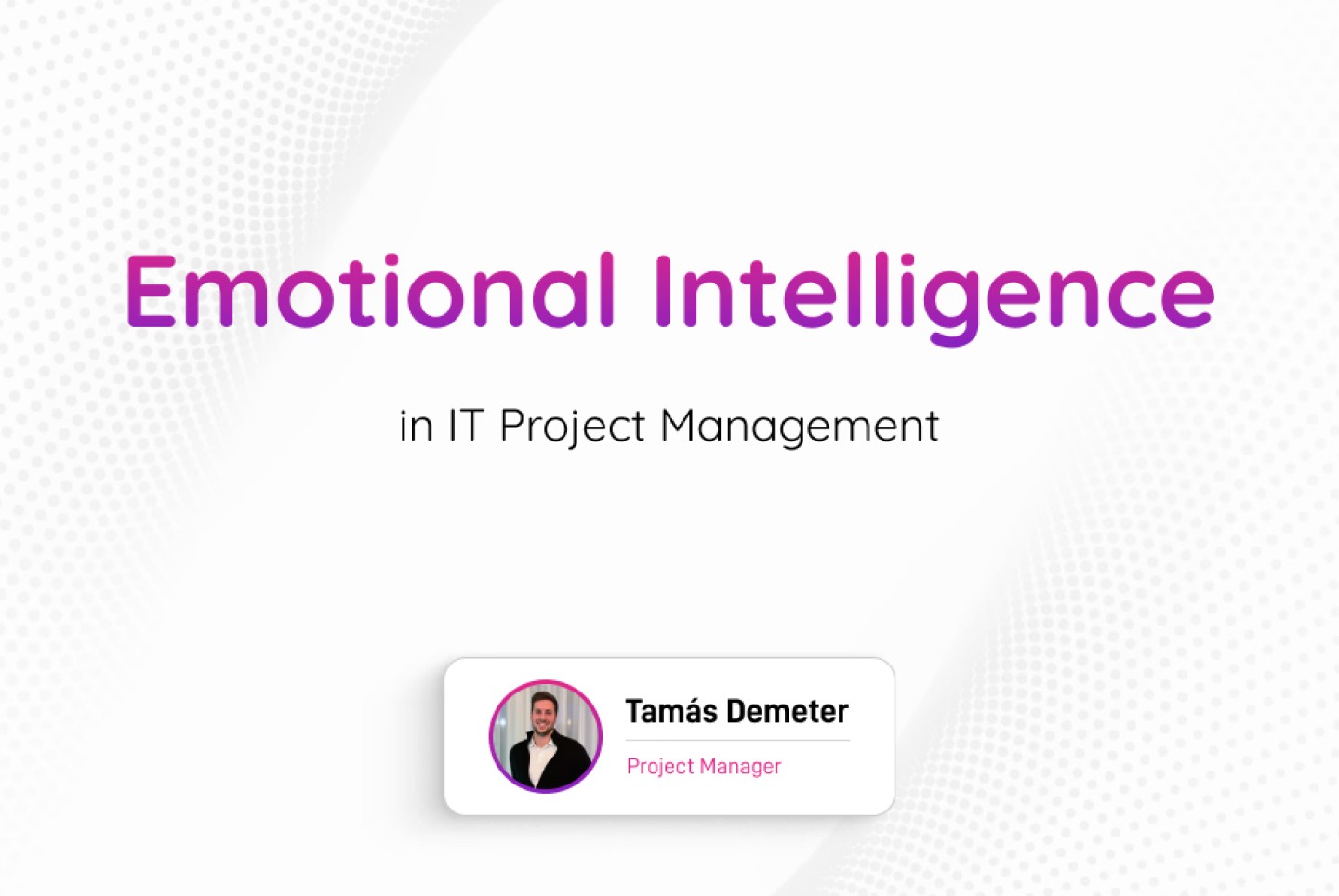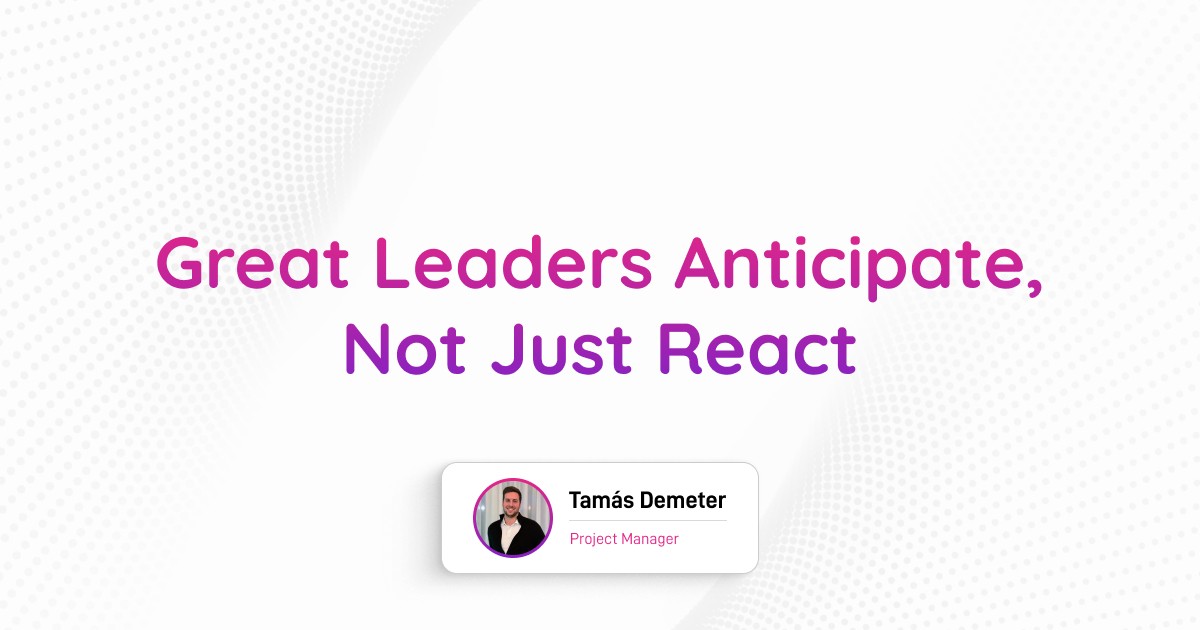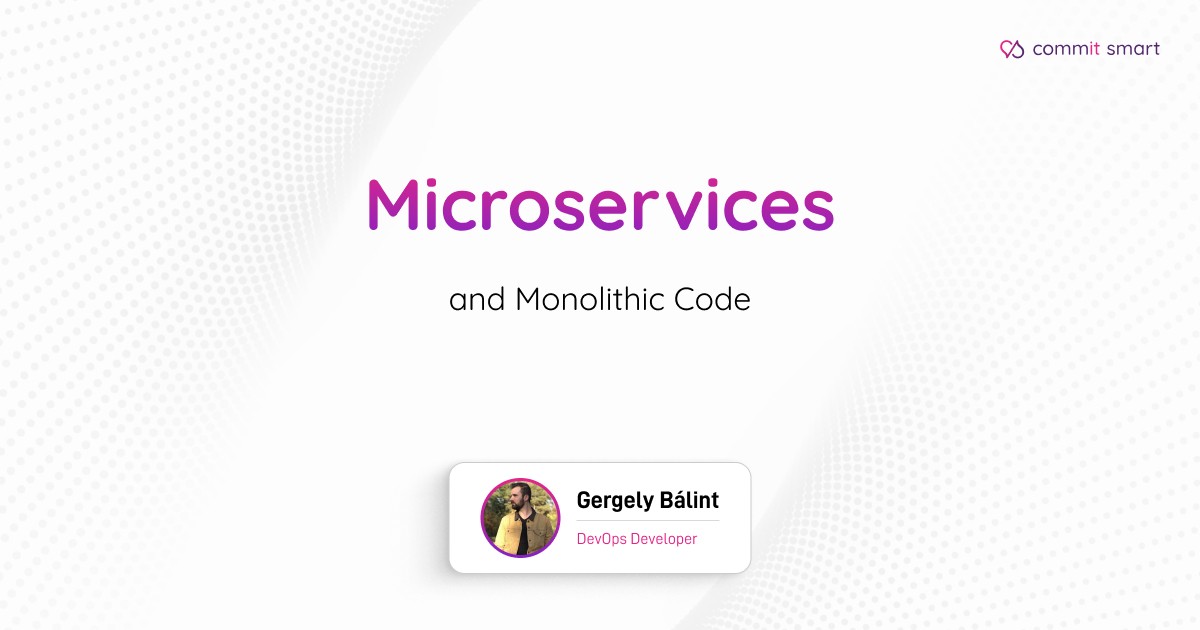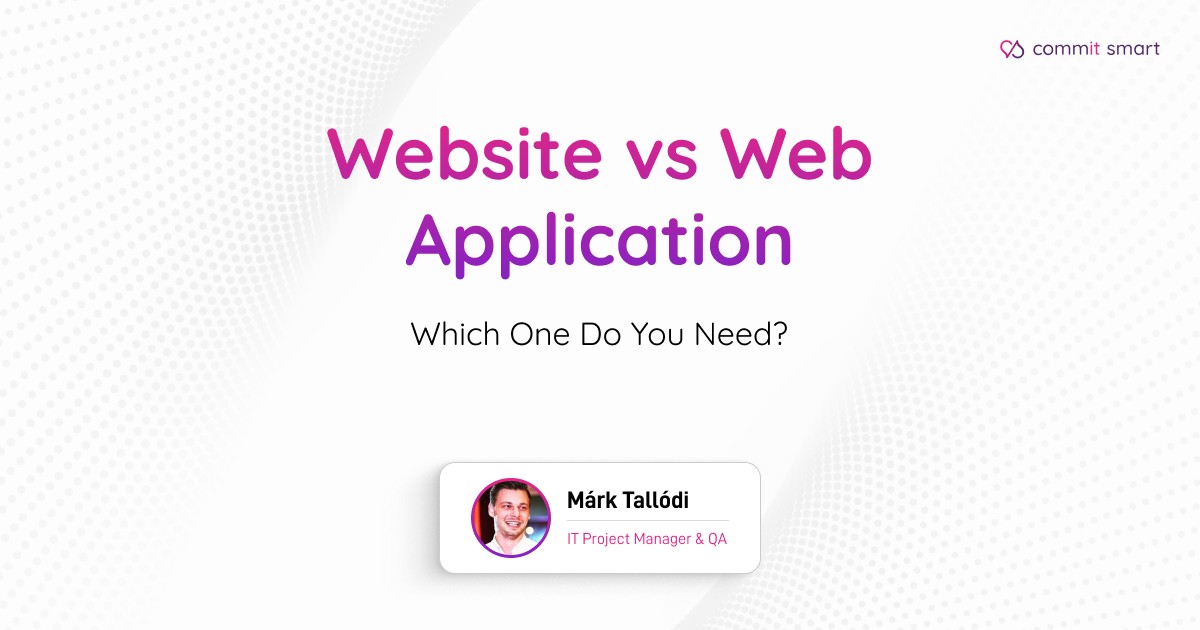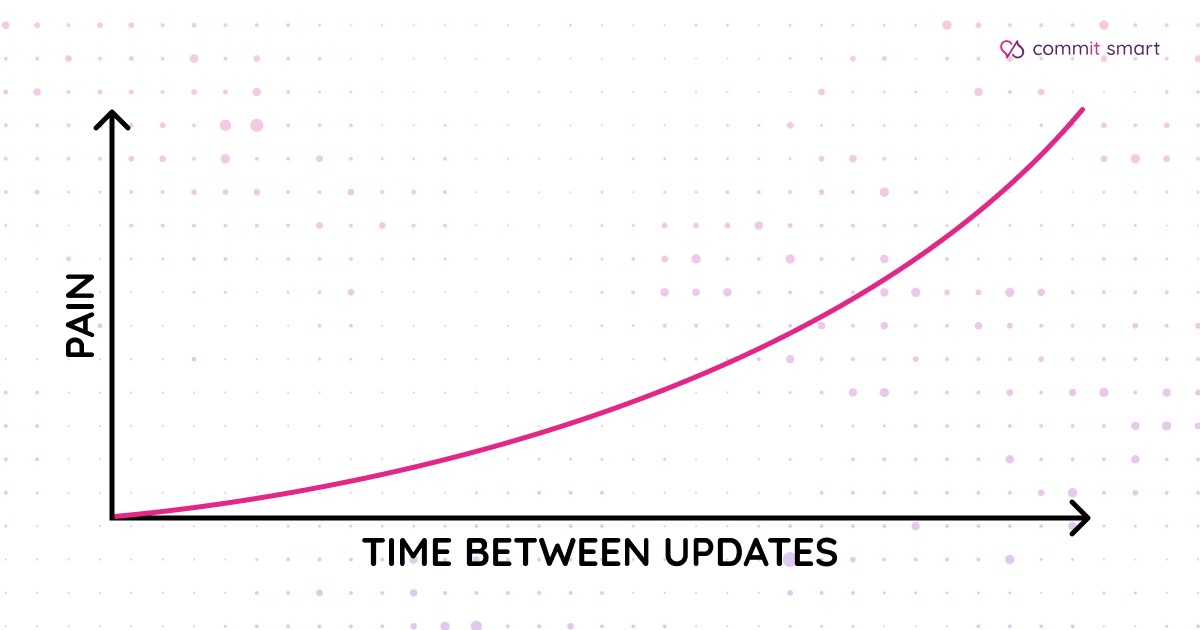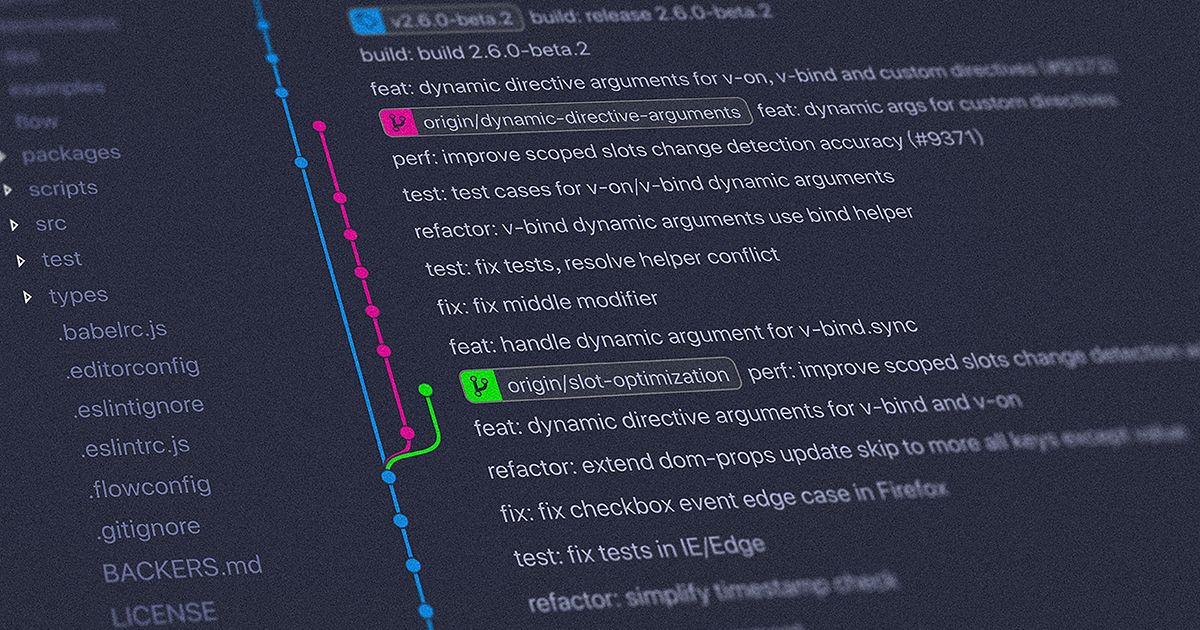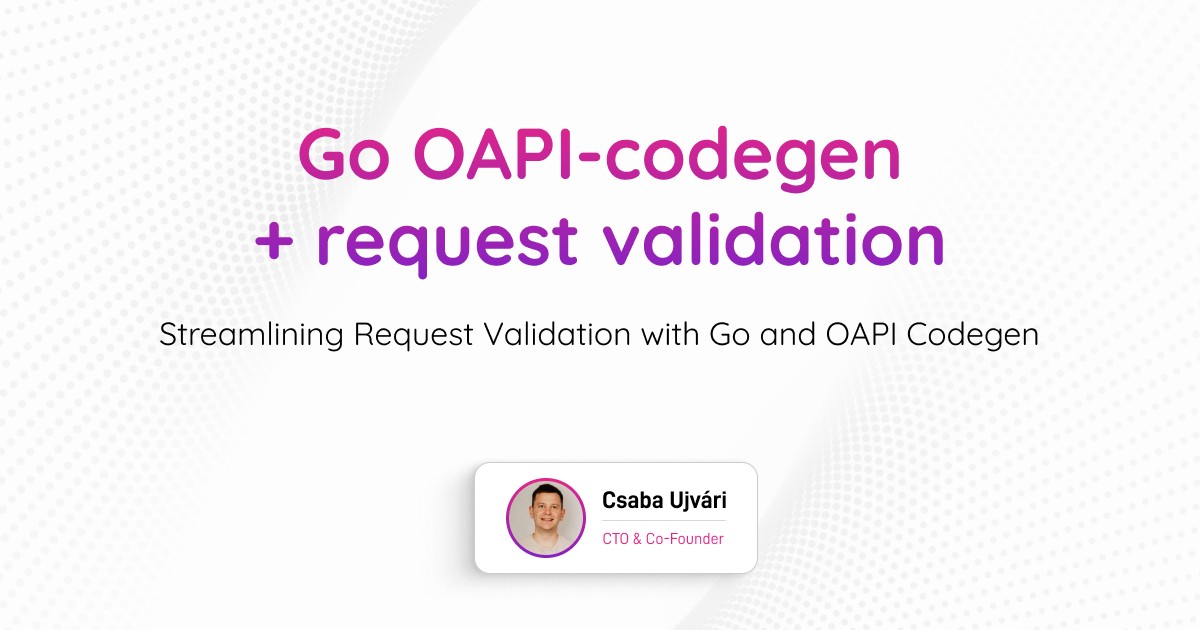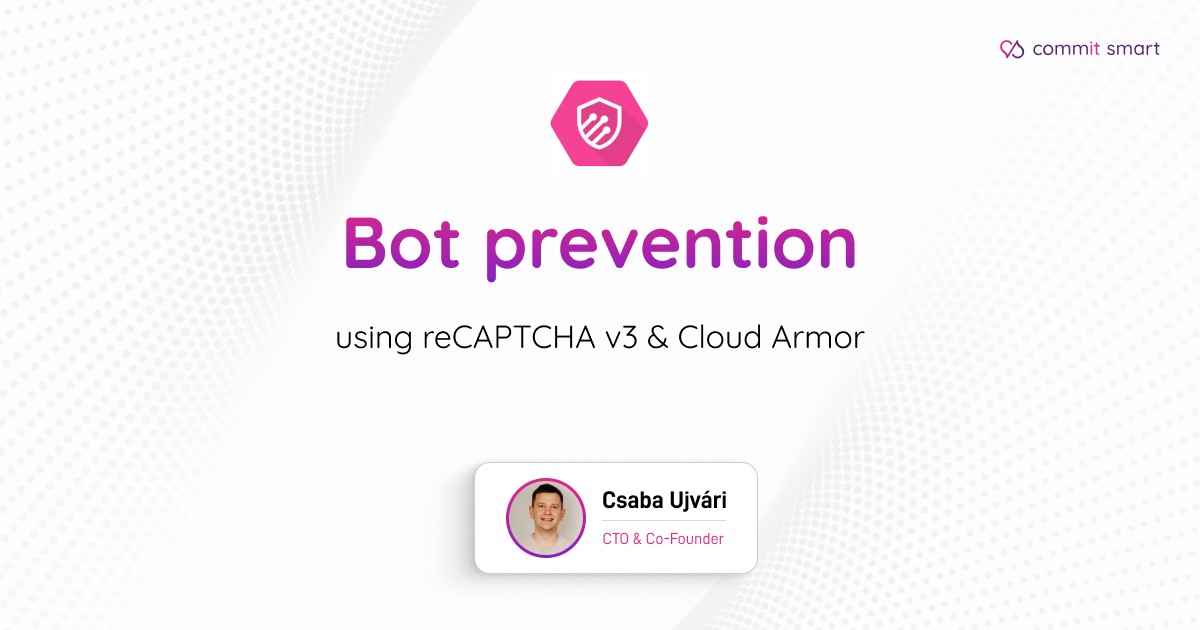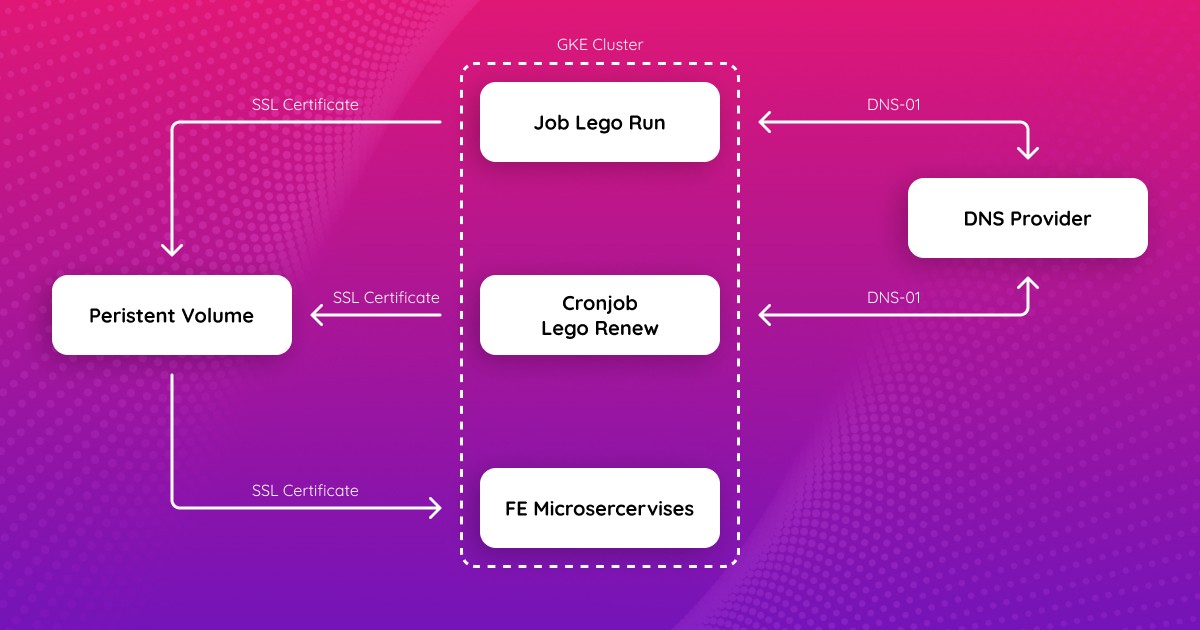The Best Way to Optimize Serverless Computing
Explore the latest features of Cloud Run for seamless deployment and scaling...
How to harness Cloud Run for scalable, flexible, and cost-effective infrastructure
Assessing the market's responsiveness is a crucial step for startups and small clients with innovative ideas. Whether you're launching a product or service, it's important to make sure the infrastructure supporting it can handle growth.
Cloud Run is designed to meet this challenge. The following are some of the key benefits:
Event-driven Scalability: As the number of requests increases, Cloud Run automatically scales your application to ensure efficient resource utilization.
Container-based Flexibility: Cloud Run allows deployments based on containers, which ensures consistency across stages of development, reducing unexpected behaviors.
Cost-effectiveness: Startups with inconsistent traffic can benefit from it since they only pay for the compute resources they use.
As our primary focus is serving our clients, we have also developed our own products, particularly for applications with a smaller, specialized user base. As a result of this hands-on experience, we have a deep understanding of its capabilities and best practices.
Cloud Run
Direct VPC
As a result of Google's Direct VPC feature, traffic routing has been significantly improved. Here are some things you should know:
Efficient Traffic Routing: Direct VPC allows traffic to be routed directly to a VPC network. Direct routes reduce latency and increase throughput by eliminating unnecessary intermediaries and costs.
Simplified Setup: No need to install Serverless VPC Access Connectors with this feature.
Availability: As of now, Direct VPC is still in its preview stage. However, Google plans on making it available in all regions by the end of the year.
Custom domains or CDNs can be connected to Firebase Hosting
For those looking to integrate Firebase Hosting with custom domains or CDNs, Google provides a detailed guide. You can find the relevant information and steps at the following link:
https://cloud.google.com/run/docs/integrate/firebase-hosting
Upcoming features
Storage Enhancements: GCS Fuse and NFS volume mounts will soon be introduced, expanding storage possibilities.
Dynamic Instance Control: A key feature to watch out for is the ability to dynamically adjust the number of minimum instances. Users will be empowered to set the minimum instances to 1 during peak hours and reduce it to 0 during off-peak times, aiding in the mitigation of cold starts.
Cloud Run Jobs
Cloud Run Jobs allows users to define tasks that may need to be executed periodically or even on an ad-hoc basis.
Execute with Overrides
In the recent update, Cloud Run added an execution method titled Execute with overrides. This feature can be particularly useful for tasks like database seeding or schema migration. Here, certain parameters might need adjustment on the fly.
Execute with Cloud Scheduler
Cloud Run Jobs can be seamlessly integrated with Cloud Scheduler. This integration greatly simplifies the process of automating scheduled tasks.
Execute with Workflow
Using the Cloud Run Admin API connector, users can trigger Cloud Run Jobs. However, an important distinction to note is that Cloud Run jobs do not entertain or respond to HTTP requests. Google offers a detailed example of this execution method, which can be a helpful reference.
Closing thoughts
These updates and features underscore Cloud Run’s commitment to offering scalable, flexible, and user-friendly serverless solutions. As the service continues to mature, we can anticipate even more innovative features.
_What does “serverless” mean to you and the Cloud Run team?
Steren Giannini: To me, serverless means both an experience and a runtime.
A serverless experience is simple, automated, and well-crafted. It demands as little as possible and is idiomatic to developers.
A serverless runtime is on-demand with strict pay-per-use pricing. It is hyper-elastic, which means it scales fast automatically, including to zero if needed. This notably means there is no infrastructure to manage, no pre-provisioning, and no flat fees.
Source: THE OVERWHELMED PERSON’S GUIDE TO GOOGLE CLOUD | By Forrest Brazeal_
Author: Csaba Ujvári
